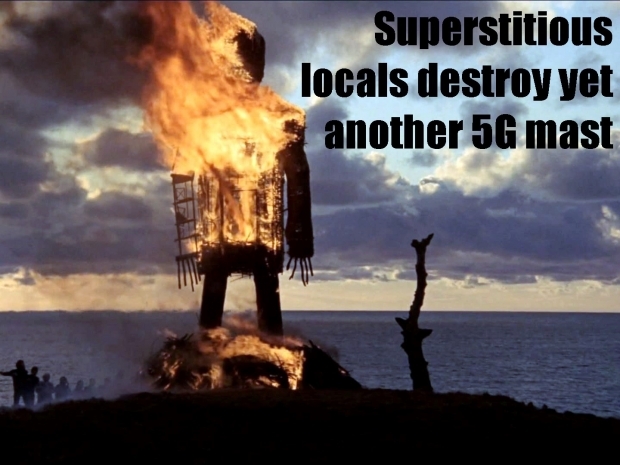Sales in the first quarter were US$6.05 billion, as sales for its Networks business unit declined by two per cent driven by lower operator capex and inventory optimisation among multiple customers. The decline was offset by growth in other business segments, including a 19 per cent organic growth in its Enterprise business.
Ericsson CEO Börje Ekholm said that customers in early 5G markets have slowed the deployment pace.
"Our effect on sales is bigger as some customers have also lowered the elevated inventory levels built up in a tight supply environment. We expect this inventory adjustment to be mostly completed during Q2 but may spill into Q3. Significant growth from large roll-out projects did not fully offset the sales impact from early 5G markets. As expected, the increased share of large roll-out projects pressured the gross margin in Networks, however it positions us well for future growth. In Cloud Software and Services, we continued to execute on our turnaround strategy and reduced our loss slightly more than plan. With this progress, we are on track to reaching the important milestone of break-even in 2023."
"Following the strong cash flow in Q4, the first quarter cash flow was negative. Compared to last year working capital grew related to the changed business mix with the two components: increased customer financing for large roll-out projects in new 5G markets and reduced trade payables. As usual, Q1 cash flow was seasonally impacted by pay-out of accrued employee-related expenses."
Keeping with the cliched seafaring metaphors that companies have been using lately, Ekholm said the company was "see a choppy environment during 2023 with poor visibility" although how you can see anything with poor visibility is anyone's guess. At least he does not seem to have headwinds, we are told they are quite painful.




